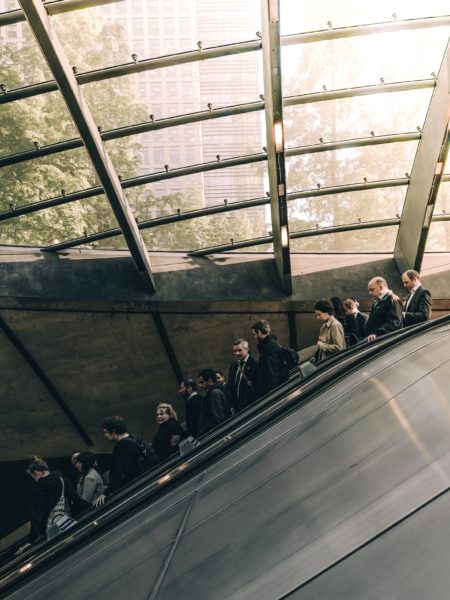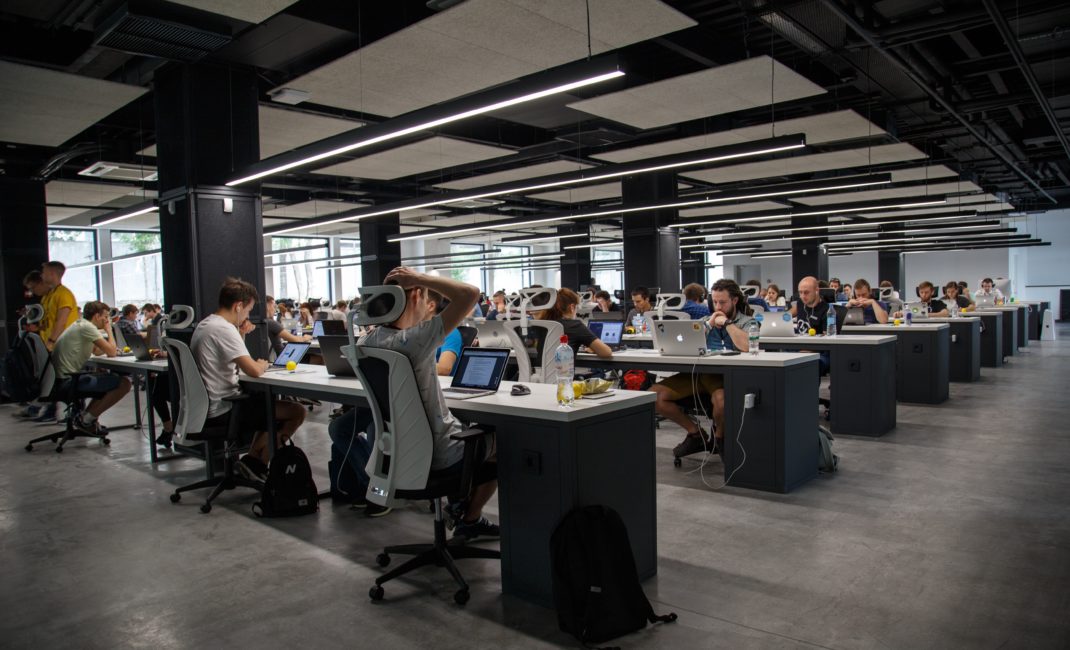Reducing working hours is an idea that’s gaining political traction. In February, German metal workers won the right to a 28-hour working week. In March, the Five Star Movement in Italy, who campaigned for a 20-hour working week, got the most votes in national elections. Tim Bliss examines the benefits of reducing the working week and explores how we can make it happen.
One of the biggest regrets of the dying is working too hard. This is a sad reflection of our society – one defined by constant pressures to work harder and produce more.
Our economic system has a fundamental paradox at its core. We aim to provide for ourselves and our families, and then to earn money to enjoy life.
But the push to earn more money to increase our leisure time sacrifices that time in the process.
Working a standard nine-to-five, five-day week on a salary greater than the national average of £28,600 may leave you financially comfortable but time poor, while working less has the opposite result.
Addressing this contradiction and emphasising leisure over work could be the key to leading happier, healthier lives as the challenges of mass automation and increasingly precarious forms of work make the issue more urgent.

Photo by Ryan Tang
Leisure time was a key political question for some of the greatest thinkers of the nineteenth and twentieth centuries. Despite their many differences, Keynes, Mill, and Marx, who all wrote in times of unprecedented growth that brought about huge improvements in standards of living, were united in their optimism for the future.
All witnessed massive increases in wealth and technological revolutions that changed lives for the better, and Keynes saw the working week steadily reduced to the shortest it had ever been, at 40 hours.
The future looked bright, with growth and development expected to continue to the point where comfortable living would be provided for all. It was optimistically predicted that the working week would eventually be only 15 hours in length, effectively turning the five-day week and two-day weekend on its head.
But this trend did not last. A political shift to the right in the 1980s abruptly halted reductions in time spent in work, with almost no reduction seen over the past two decades. The focus was shifted from utopian social objectives to relentless productivity, consumption and growth.
This new outlook equated human happiness with increases in wealth, and while wealth grew, the money was, more and more, channelled upwards, creating economies of vast wealth, but vast inequality.
Studies by Wilkson and Pickett have shown that money can effectively buy happiness, but only up to £17,500 – after this point further happiness depends on levels of economic equality in society. This means that focusing purely on economic growth and raising incomes will not always improve human happiness.

Photo by Alex Kotliarskyi
Economists in Europe are now seriously discussing the case for measuring and prioritising happiness, while Bhutan sets a promising example to the rest of the world by using a measure of Gross National Happiness (GNH) as an alternative to GDP.
The UK has begun to officially measure wellbeing levels, which is a potential basis for our own Gross National Happiness measure, and the recent appointment of a Minister for Loneliness recognises the seriousness of unhappiness among the elderly.
Scandinavian nations that consistently rank as the happiest in the world, have made a point of prioritising community, leisure and state support for the unemployed.
But these successes are rare, and to truly change society’s priorities attention should be returned to rethinking the biggest obstacle to happiness and leisure: work.
Nine-to-five, five-day working weeks are a deeply ingrained feature of society, yet they are increasingly being viewed as archaic and unnecessary.
Working weeks over 39 hours have been found to be harmful to health (the legal maximum is 48 hours in the UK), yet they have become so embedded in our economy that it will not be easy to move on from them.

Office workers cross a pedestrian crossing at rush hour – by Richard Kumo
Keynes was well aware of this dilemma, warning as early as 1930 that: “there is no country and no people, I think, who can look forward to the age of leisure and of abundance without a dread. For we have been trained too long to strive and not to enjoy”.
This warning of reduced capacity for enjoyment remains worryingly relevant today. Even outside the working day our “always on” culture has left us stressed and unable to separate work and home lives after hours.
In a society that often measures a person’s success by their financial situation and therefore employment, working has now come to define us as individuals.
This has been reinforced by a dangerous misconception that leisure and economic growth are opposing concepts, when research shows productivity increases when less hours are worked, as stress and unhappiness decreases when more leisure time is available.
There are huge problems with a system so stubbornly wedded to the idea of growth and employment as a solution to all of life’s problems. Yet growth is a concept rarely challenged in our politics (with the notable exception of the UK’s Green Party, which has prioritised social and environmental issues instead). So how can we fundamentally change our relationship with employment and have the courage to demand more from less work?
Political solutions that reembrace the optimism of the classical economists like Keynes are becoming increasingly prominent.
Legislation to reduce the working week is once again being seriously discussed, with Jeremy Corbyn confirming that plans for a six-hour working day will be examined in Labour’s Workplace 2020 initiative to increase workers’ rights and encourage trade union membership.
It has been suggested that technological progress and the automation of unnecessary and unrewarding work could well be used for positive social purposes by drastically reducing necessary labour time.
Perhaps the most promising development is the discussion around a universal basic income. The idea of a universal and unconditional payment could embrace the liberating aspects of automation, while making sure the changes don’t harm incomes. A basic income is an increasingly popular idea, and discussion of the policy has been boosted by several highly-publicised trials, such as the ongoing experiment in Finland.

Office workers move through Liverpool Street Station at rush hour – by Anna Dziubinska
These trials show important progress towards the policy but have failed to live up to expectations as they only provide a low payment to a small sample of those currently unemployed – rather than the radical, universal safety net envisioned.
To fully meet the challenges of a changing economy and reclaim a focus on leisure and social lives we will need to think bigger and be bolder.
Automation of unnecessary work while supporting incomes of those displaced could achieve the truly radical step of turning work into a choice rather than a necessity. This could have huge benefits for ordinary people by massively increasing opportunities for leisure, volunteer work and education.
The recent rise of precarious employment through zero-hour contracts and the steady erosion of job security demonstrates the urgent need to promote progressive arguments for the future of work and leisure before these damaging models become the norm.
Ideas like a basic income or a Gross National Happiness measure should be part of the vital discussion about the future of work and leisure. Bold, radical ideas will be necessary if we are to regain that lost utopianism of Keynes, prioritising human wellbeing over economics, and reframing leisure and happiness as the core objectives of society. Challenging the deeply ingrained fetishization of work and productivity won’t be easy, but it could be the key to building a happier and more social society.
After all, “What is this life if, full of care, we have no time to stand and stare?” (from Leisure by W.H Davies)
Illustration above by Beatrice Florence Taylor



